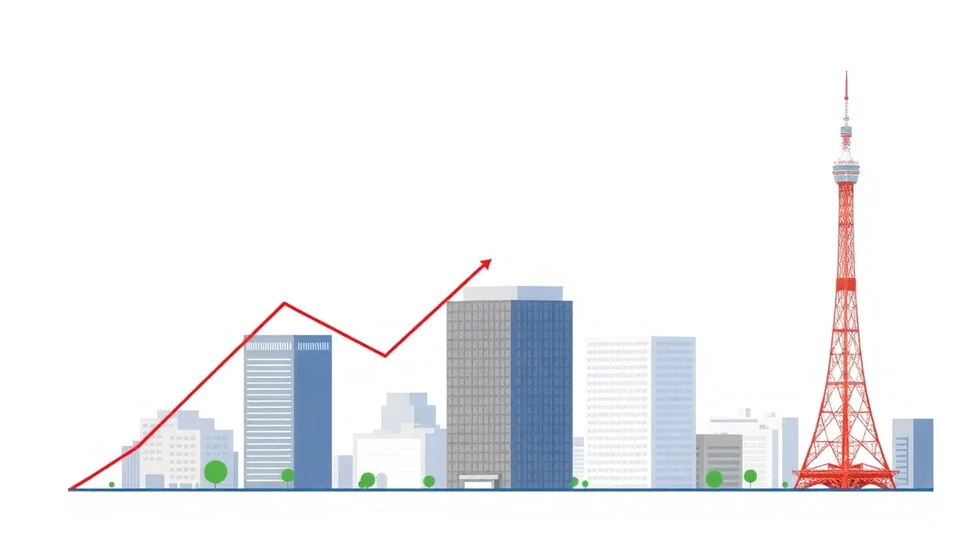
In a surprising turn of events, the Tokyo apartment market, which had previously been witnessing a meteoric rise, registered a notable decline in prices throughout 2024. This shift comes after the city saw its apartment prices reach historic highs in late 2023, driven by a combination of robust demand, low interest rates, and limited housing supply.
According to the latest data, the average price for newly built apartments in Tokyo fell to approximately 1.10 million yen per square meter, reflecting a decline of around 2.5% compared to the previous year. This price decrease marks the first instance of an annual decline since 2020, underscoring a notable shift in market dynamics as economic conditions begin to stabilize following the frenetic activity seen during the pandemic.
The cooling of the apartment market is attributed to a mix of factors. Investors and homebuyers are now facing increased borrowing costs due to the Bank of Japan's recent monetary policy changes, which have led to a gradual tapering of the ultra-low interest rates that had fueled a housing boom. Additionally, there is an evident oversupply of condos in the market, as developers rushed to capitalize on the unprecedented demand in the past few years.
Market analysts suggest that the decline in prices might also reflect broader concerns about the economy. With inflationary pressures mounting and consumer sentiment wavering, potential buyers have become more cautious, reconsidering their investment strategies and housing purchases. The authoring of new regulations aimed at cooling speculative investments in real estate has also played a role in tempering the exuberance that characterized the market.
Furthermore, data shows that completed apartment sales fell sharply, indicating a slowdown in transactions. In 2024, the total number of newly built apartments sold in the metropolitan area experienced a drop of nearly 15%, a stark contrast to the bullish sales performance in previous years. This decline suggests that while some buyers remain interested in the market, many are opting to wait for further price corrections before making a purchase.
Looking ahead, experts are divided on whether this price decline marks a longer-term trend or a temporary adjustment. Some market watchers remain optimistic, suggesting that the fundamentals driving Tokyo's real estate remains strong, with a steady influx of foreign investment and a resilient job market. However, others caution that a protracted downturn could lead to stagnation, particularly if global economic uncertainties persist.
In summary, the Tokyo apartment market is undergoing a vital transformation, shifting from years of escalating prices to a period marked by competition and reevaluation. As potential buyers grapple with changing economic factors and increased caution, the future of this dynamic market remains to be seen.
#TokyoRealEstate #ApartmentPrices #HousingMarket #Tokyo #RealEstateTrends #EconomicImpact #MarketCorrection #Investing
Author: Laura Mitchell
